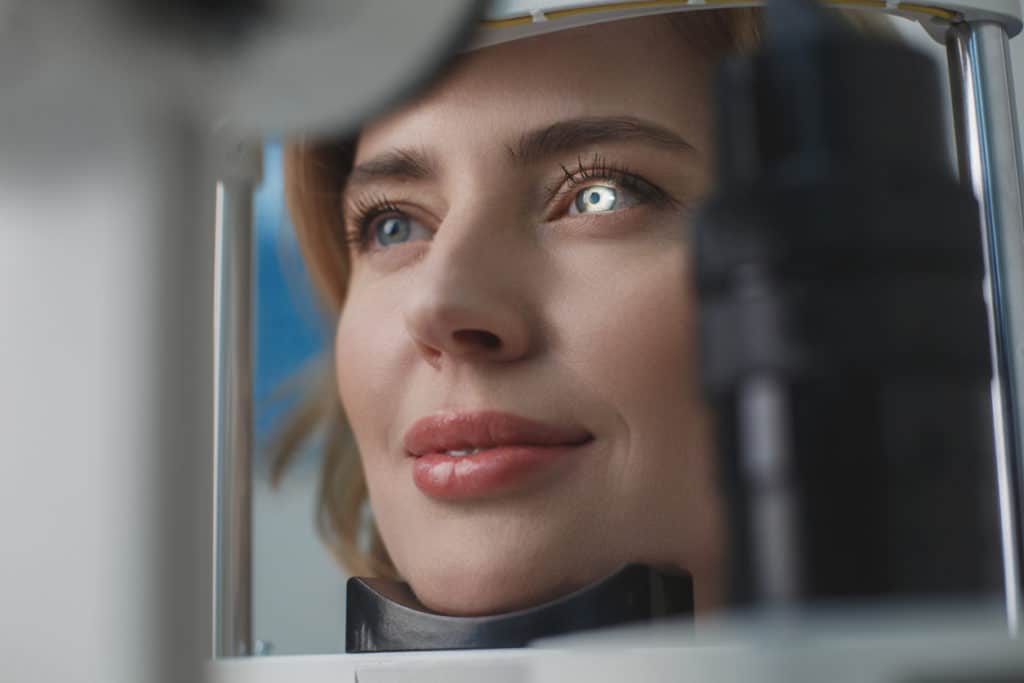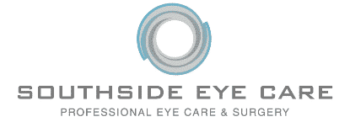What Is Astigmatism?
Astigmatism is an eye condition that affects a high percentage of the population. It results from an imperfect curvature of the eye that causes a refractive error. This means that, when light enters the eye, it is not focused evenly onto the retina. Instead, it is focused either in front of or behind the retina, often resulting in blurred vision.
There are two types of astigmatism: corneal, in which the shape of the cornea is irregular, and lenticular, in which the lens is imperfectly shaped. Corneal astigmatism is more common. Either type of astigmatism can occur in combination with nearsightedness or farsightedness. Astigmatism is frequently so mild that it does not require correction. When it does, there are several treatment options available.
Causes Of Astigmatism
Although the precise causes of astigmatism are unknown, heredity seems to be a factor. Astigmatism may be present at birth or it may be the result of the following:
- Length of the eye
- Eye injury
- Eye disease
- Eye surgery, often for cataracts
This rare condition is known as keratoconus, in which the cornea thins and becomes cone-shaped, can also result in severe astigmatism. This condition cannot be corrected with glasses and has to be treated by the pressure of contact lenses. In some cases, patients with keratoconus must undergo a corneal transplant.
What Are The Symptoms Of Astigmatism?
The severity of symptoms depends on the degree of astigmatism in the eyes, and may include the following:
- Headache
- Squinting
- Distorted or blurry vision
- Poor night vision
- Eyestrain
- Inability to focus on fine details
Depending on the nature of the patient's irregular eye curvature, vision may be more blurred in one direction than another. Symptoms of astigmatism may improve or worsen over time.
Diagnosis Of Astigmatism
The diagnosis of astigmatism is confirmed with a routine eye examination. Depending on the individual case, several of the following tests may be administered:
- Visual acuity, reading an eye chart
- Retinoscopy, on children not yet able to read
- Keratometry, to measure the curvature of the cornea
- Refraction
Refraction tests the eye with the use of a device called a phoropter, which allows the ophthalmologist to evaluate variations in the patient's visual acuity using a variety of lenses.
What Are My Treatment Options For Astigmatism?
Fortunately, there are several options available to treat astigmatism. The type of treatment chosen depends on the patient's particular situation and, in some cases, personal preference. Treatments for astigmatism include both nonsurgical and surgical options.

Nonsurgical Treatments
Nonsurgical treatments for astigmatism include corrective lenses of several types: eyeglasses, hard contact lenses and soft contact lenses. Which type of lens is appropriate is decided on an individual basis.
Surgical Treatments
There are also many refractive surgical treatments for astigmatism. These include, but are not limited to the following:
- Limbal relaxing incision (LRI) surgery
- LASIK surgery
- Astigmatic keratotomy surgery (AK)
- Astigmatic-correcting cataract surgery
Candidates for refractive surgery generally have to be free from corneal scars or eye disease.
Whereas contact lenses reshape the eye only while being worn (orthokeratectomy), refractive surgery corrects astigmatism by permanently reshaping the surface of the eye. While still considered safe and effective, keratotomy surgery has recently been largely replaced by LASIK surgery.
Patients with severe astigmatism may still need to wear eyeglasses or contact lenses after astigmatic keratotomy surgery.
Southside Eye Care proudly serves Chesapeake, Norfolk, Portsmouth, Suffolk and Virginia Beach Virginia as well as the surrounding areas. For more information on Astigmatisms call us at 757-484-0101 today or fill out our contact form for more information.


